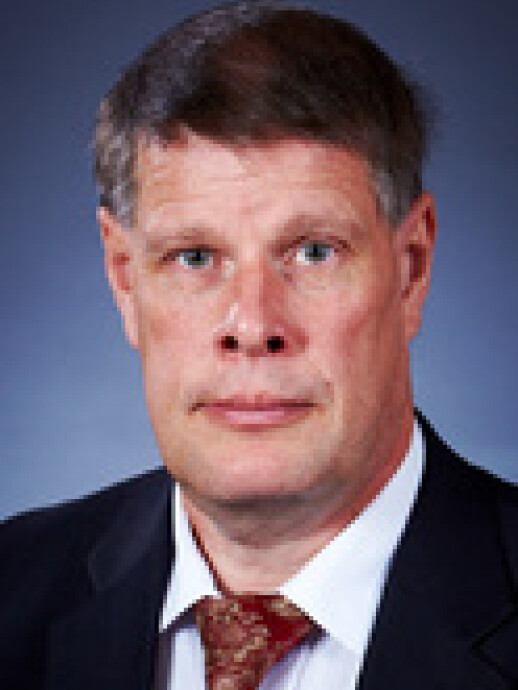

Section Collection Information
Dear Colleagues,
Infrastructure is at its best when it is invisible: just serving the society and individuals without causing too much operational work or expenses. As best infrastructure can be such. However, infrastructures are not goming out of nowhere: they must be carefully planned, constructed and constantly maintained. "Infrastructure and sustainable society"; uses data systems and methods, techniques, technologies, and economic processes and scenarios to measure, orient, and forecast economic, social, and environmental phenomena. The section provides an opportunity for interaction between mathematicians, including computer scientists, statisticians, and other scientists interested in the computational aspects of data science in fields such as natural science, formal science, and life science.
Classical thinking about infrastructures start from engineering sciences: Roads, railways, airport, fresh water and severing systems, electricity production and distributions systems – all these are examples of hard infrastructures. Often however soft infrastructures are even more important for sustainability of any systems- Such soft infrastructures are for example money, language, regulative environment and political system. Information technology is a core area where lots of different infrastructures exist. Infrastructure support each other, and form hierarchical and non-hierarchical dependency structures. All this needs very much modelling and articulation work.
The initial task for researchers is to get an understanding on what infrastructure is. Definitions, classifications and examples are very much needed. What differentiates infrastructure from other artefacts in our society? As infrastructures are expensive, and most nations and other entities seem to have more acute needs for finance and attention, motivational contributions are needed from science. What can we as scientists and educators do not motivate different entities to build infrastructures. What are their affordances and benefits, and what kind of effects their exand what kind of effects their existence or missing can cause. Both conceptual and case studies on these issues are needed.
It is important to collect the experiences of Infrastructure and Sustainable Society research articles and reviews in this area of study are welcome.
We look forward to receiving your contributions.
Prof. Reima Suomi
Prof. Turek Rahoveanu Maria Magdalena
Section Editor


